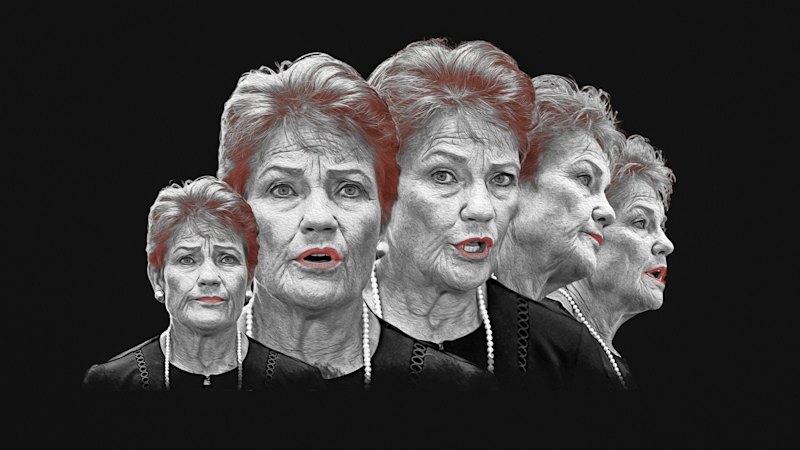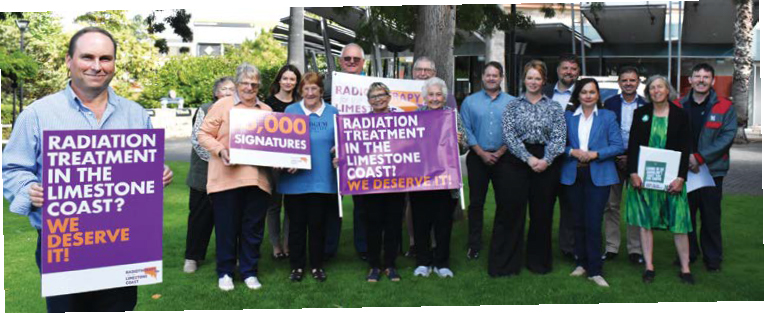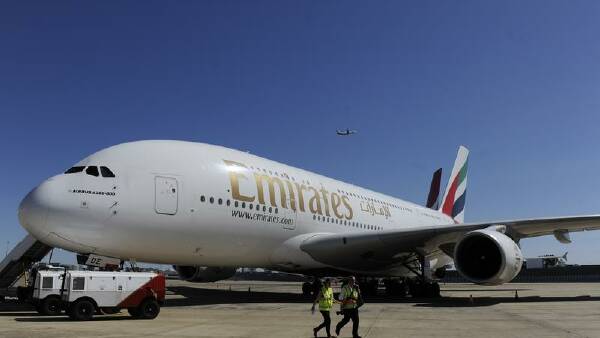
UPDATE: In a stunning political shift, Pauline Hanson‘s One Nation has recorded its strongest national performance in nearly three decades, doubling its Senate representation and capturing 6.2% of the vote during the recent elections. This surge may have profound implications for Australia’s political landscape.
As major parties like Labor celebrated their victories on election night in May, One Nation’s remarkable resurgence went largely unnoticed. With the party now polling at a historic 18% in a national Redbridge poll, officials are scrambling to understand this swift rise in voter support.
Hanson, 71, attributed this resurgence to the “fence-sitting” of the Coalition, asserting that mainstream parties have failed to address the concerns of ordinary Australians. Her message resonates with voters feeling the pressures of rising living costs and housing issues, which she has cleverly tied to immigration and climate policies.
In an exclusive dinner with Barnaby Joyce, a key figure in conservative circles, Hanson discussed the changing political landscape, noting that Australia is lagging behind global trends in right-wing populism. Joyce stated, “Politics is changing everywhere,” highlighting the rise of populist figures like Nigel Farage and Marine Le Pen.
One Nation’s membership has reportedly doubled since the election, indicating a growing grassroots movement. Despite the lack of specific numbers, polls suggest that the party’s voting intentions have surged, with Newspoll showing an increase to 15% and the Resolve Political Monitor indicating a consistent 12% primary vote.
Political analysts warn that while One Nation’s appeal is significant, it remains narrow, particularly among younger and multicultural voters. Despite this, the party’s influence in regional areas cannot be ignored, particularly as it capitalizes on the electorate’s dissatisfaction with traditional parties.
“Just as Labor’s base was eroded on the left flank by the Greens, One Nation has done that to the Coalition on the right,” said Jim Reed, director of Resolve.
Hanson’s rise reflects a deep vein of disenchantment towards major parties, a sentiment echoed by many Australians frustrated with the status quo. Her political style, which blends populism with controversial theatrics, has proven effective in engaging voters who feel unheard.
The implications for future elections are significant. With One Nation winning seats outside Queensland for the first time in a half-Senate contest and receiving considerable preferences from the Coalition, the party is positioned to disrupt the traditional political order.
As the political landscape continues to shift, Hanson is poised to capitalize on this momentum. She expressed enthusiasm for Joyce potentially joining One Nation, stating, “I think we’ll be a great team together.” This partnership could signify a deeper alliance that may reshape conservative politics in Australia.
However, some strategists caution against aligning with One Nation, citing its controversial history and the potential backlash in urban areas. Rob Borbidge, a former Queensland premier, warned, “Any association with One Nation is absolutely toxic.”
The upcoming 2025 federal election will be a critical test for Hanson and her party, as they aim to sustain their newfound relevance in a changing political climate. Voters are increasingly drawn to protest parties during tough economic times, making One Nation a significant player in the upcoming electoral battles.
As Australia grapples with these developments, political observers will be watching closely to see if Hanson can maintain her position atop this populist wave and what it means for the future of the Coalition and Australian politics as a whole.






